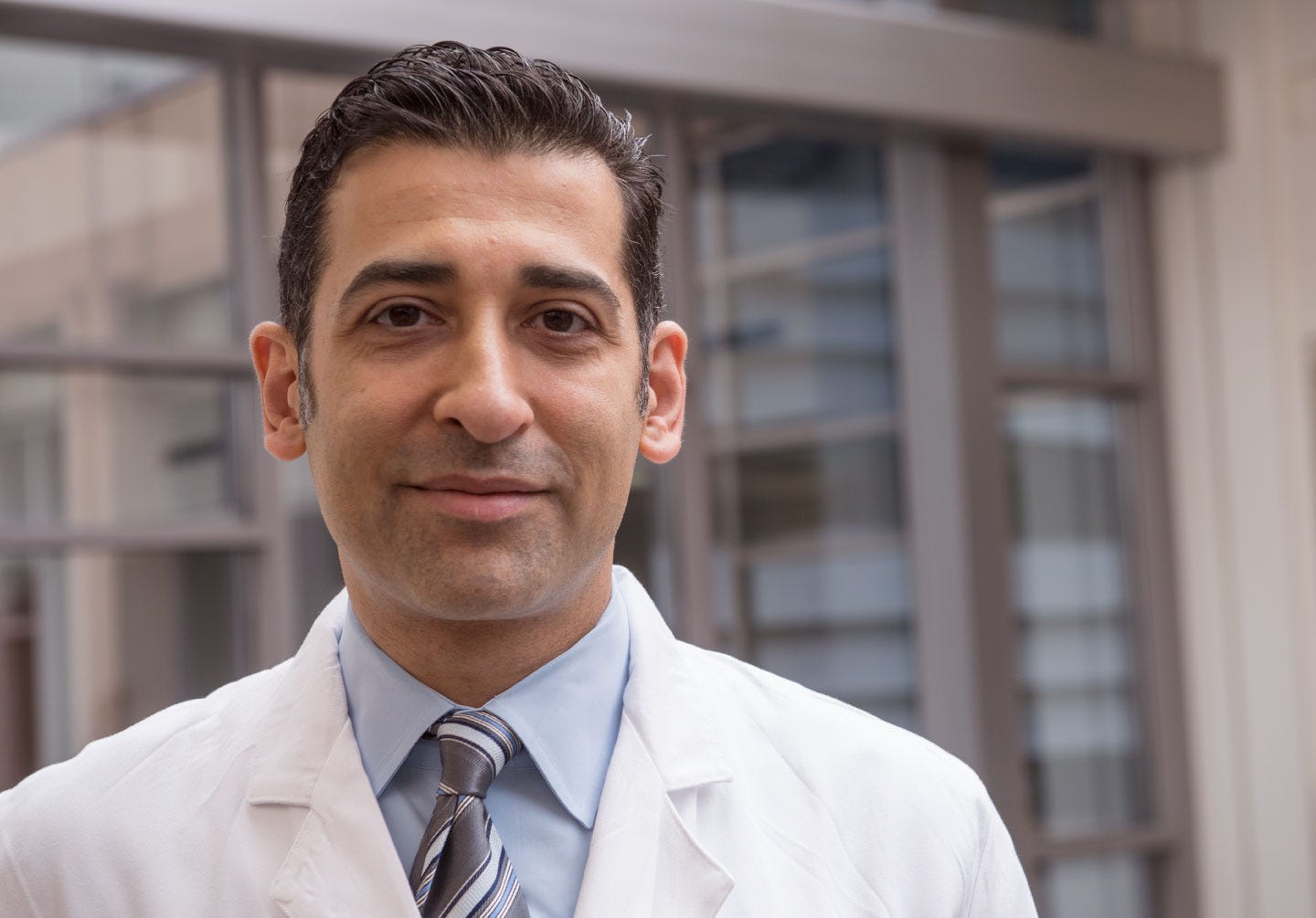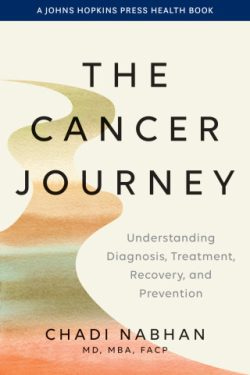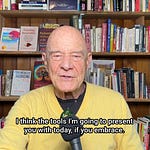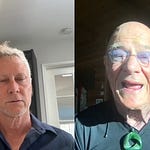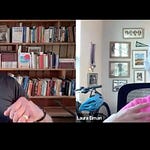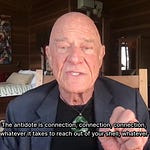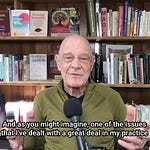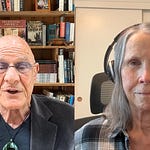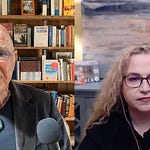Dear Friends,
Can a simple ultrasound save your life when mammograms miss the mark? Should you get a colonoscopy every year, or is that too extreme? In my latest interview with distinguished hematologist-oncologist Dr. Chadi Nabhan, author of over 300 medical articles and abstracts as well as the book The Cancer Journey, we dive deep into the complex world of cancer screening, prevention, and treatment.
"Cancer is not one disease," Dr. Nabhan emphasizes. "Many cancers are curable, while some are not. They're not equal, and we can't treat them all the same way."
Through compelling patient stories and evidence-based insights, Dr. Nabhan reveals critical truths about cancer screening that every person should know:
"Screening means doing the test on someone who has no symptoms. If unusual symptoms emerge, the test might need to be performed sooner after consulting with the physician."
One revelation that struck me personally: dense breast tissue can hide cancer from mammograms, making additional ultrasound screening crucial for some women. My own wife's cancer was caught this way, after years of "clear" mammograms. This knowledge gap could affect countless lives.
Dr. Nabhan also challenges common assumptions about prostate cancer screening, explaining why more testing isn't always better:
"Screening does not come free of charge. When you screen someone who is completely healthy, you could detect cancers that are not destined to cause any trouble."
Perhaps most surprisingly, Dr. Nabhan shares that annual skin cancer screenings - something many of us have never been advised to get - could be crucial for early detection of melanoma. "It's just simply you strip down and your doctor takes a look at your skin," he explains. "It is very important to have the skin exam once a year, especially if you are fair skinned."
The conversation takes an unexpected turn when we discuss cancer-related fatigue. His prescription? Exercise. "If you're fatigued and tired, the best thing you can do is get off the couch and move," he advises. Not marathons - just walking, listening to your body, and staying active within your limits.
This week, I invite you to reflect on your own cancer screening routine. Are you getting all the recommended tests for your age and risk factors? More importantly, are you asking your healthcare providers the right questions?
Share your thoughts and experiences in the comments below. Have you ever received contradictory advice about cancer screening? How do you balance the desire for early detection with concerns about over-testing?
Golden light,
Dr. Richard Louis Miller
Coming November 5: Psychedelic Medicine at the End of Life
You can now pre-order my latest book, Psychedelic Medicine at the End of Life: Dying Without Fear (release date: November 5). This work represents a culmination of my decades-long journey as a clinical psychologist, exploring how psychedelics can transform our approach to death and dying.
The book examines how substances like LSD, MDMA, and psilocybin can be powerful tools in confronting our fears of mortality, ultimately leading to richer, more fulfilling lives. I'm honored to include insights from renowned experts in the field, as well as my own experiences.
Here's what some esteemed colleagues are saying:
James Fadiman, Ph.D., calls it "a deeply uplifting, clear, and compassionate guide to dying and how psychedelics, used correctly, diminish our fears about approaching the door that opens at the end of our life."
Charles S. Grob, M.D., describes it as "a masterful overview of an area of vital importance to our modern world... a valuable resource and contribution to the growing field of psychedelic medicine."
Julie Holland, M.D., notes that "Psychedelics may offer a mini-death rehearsal, offering a glimpse of spiritual oneness, enabling us to be less afraid at the end of our lives."
I hope this book will inspire meaningful conversations and new perspectives on how we approach the end of life.
My Books:
Psychedelic Medicine at the End of Life: Dying Without Fear (release date: November 5)
Freeing Sexuality: Psychologists, Consent Teachers, Polyamory Experts, and Sex Workers Speak Out
Psychedelic Wisdom: The Astonishing Rewards of Mind-Altering Substances
Psychedelic Medicine: The Healing Powers of LSD, MDMA, Psilocybin, and Ayahuasca
Integral Psychedelic Therapy (co-edited with Jason A. Butler & Genesee Herzberg)

